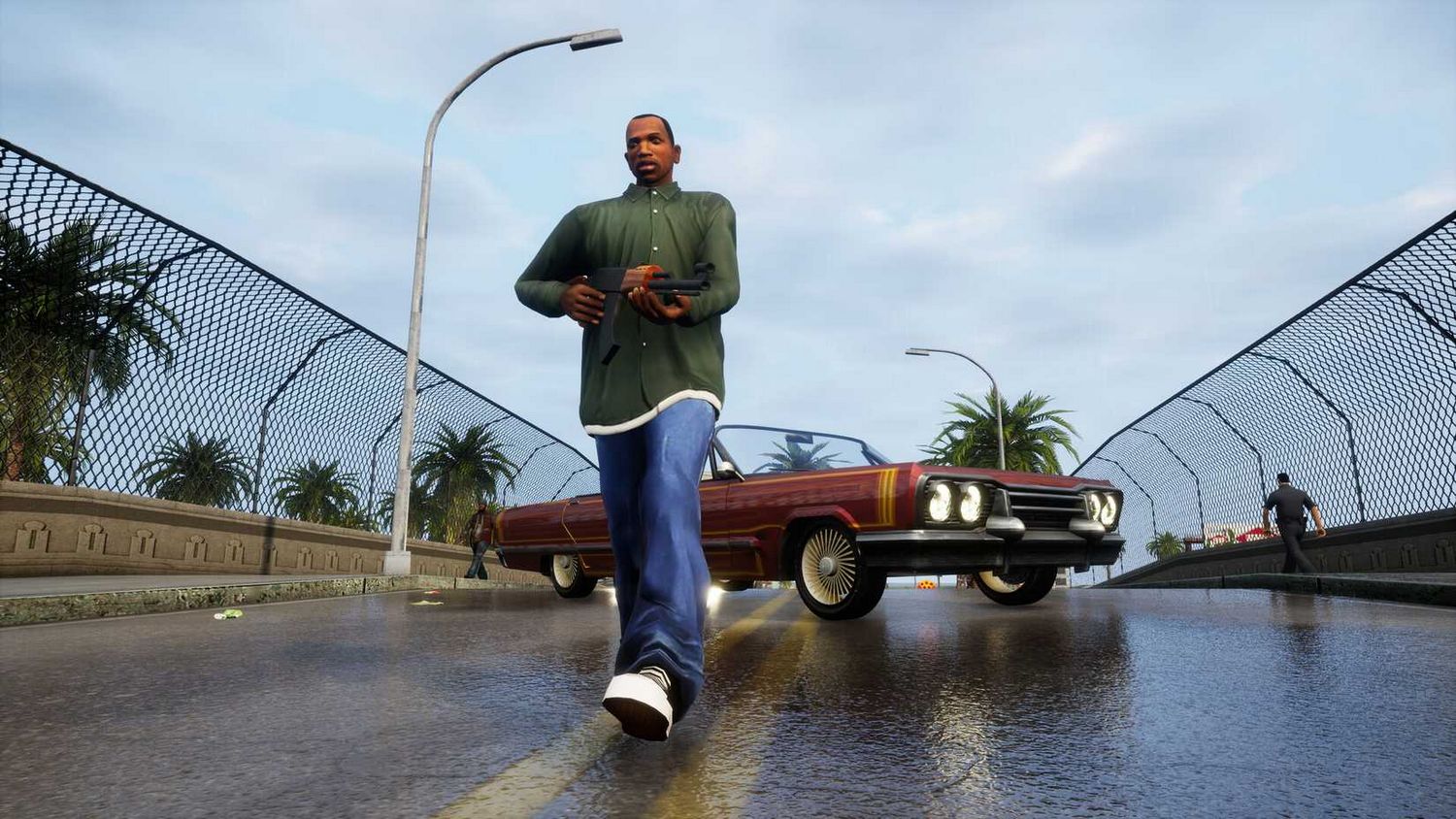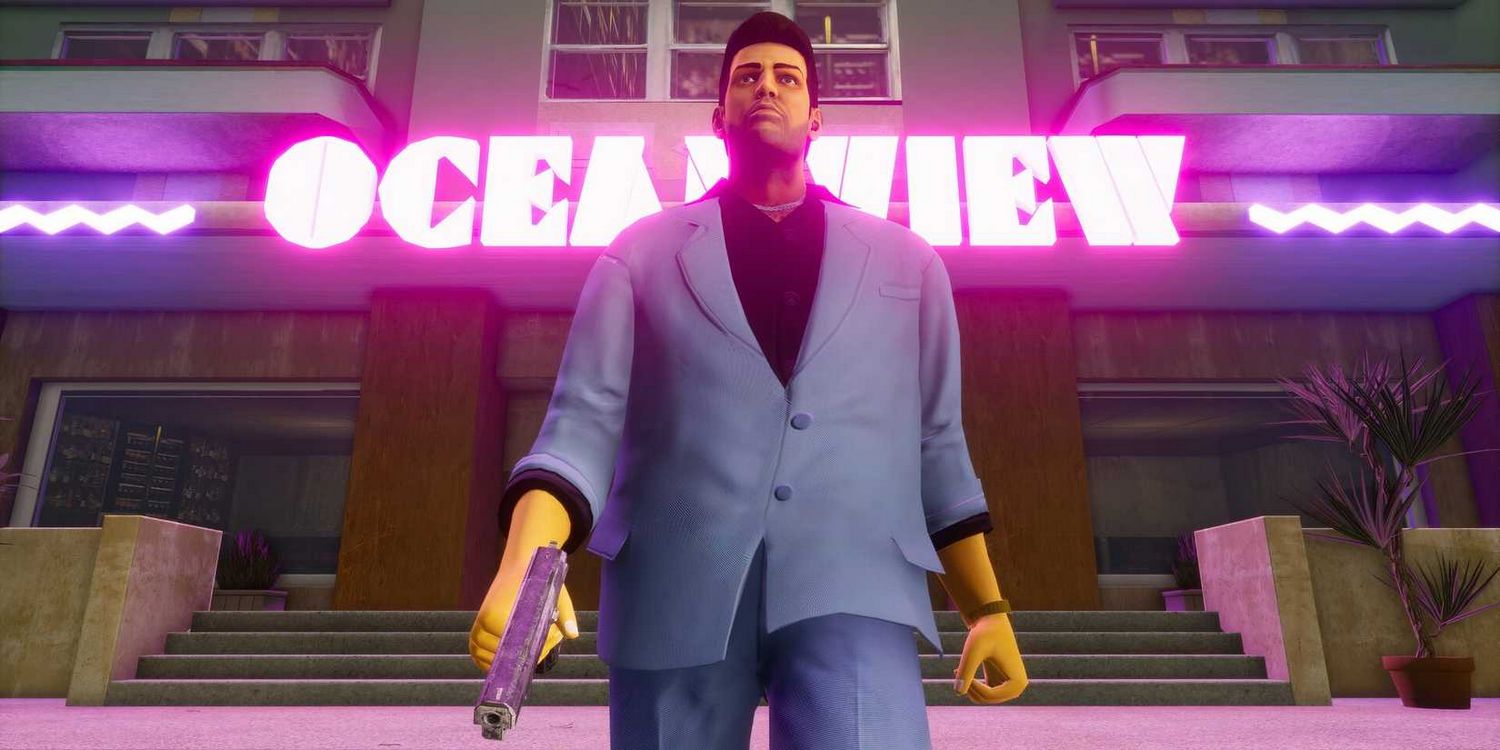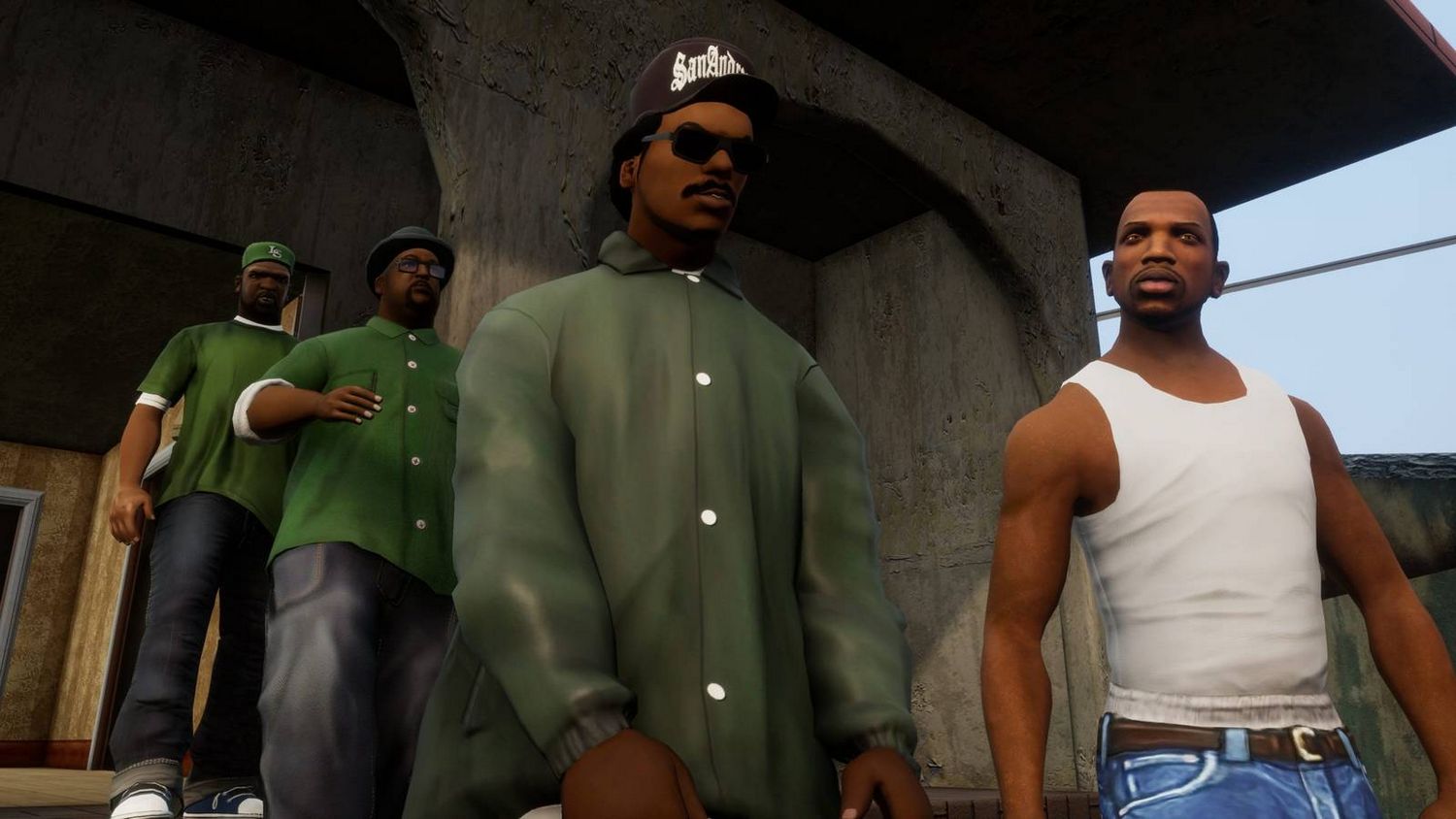University of Tennessee Launches Groundbreaking Grand Theft Auto History Class
Popular Now
 The Legend of Zelda
The Legend of Zelda
 Stumble Guys
Stumble Guys
 Geometry Dash
Geometry Dash
 Auto X Drift Racing 3
Auto X Drift Racing 3
 Free Fire
Free Fire
 Roblox
Roblox
 Free Fire Max
Free Fire Max
 Genshin Impact
Genshin Impact
 Counter-Strike 2
Counter-Strike 2
 Brawl Stars
Brawl Stars 
In a powerful testament to the growing legitimacy of video games as a medium for serious academic study, the University of Tennessee, Knoxville has announced a new college course that will use the Grand Theft Auto series to teach American history. The course, titled “Grand Theft America: U.S. History Since 1980 through the GTA Video Games,” is set to begin in January 2026. This groundbreaking class, taught by Professor Tore Olsson, is not a game design course or a casual fan discussion; it is a full-fledged history module that will utilize the satirical and detailed worlds of GTA to explore real-world American events and cultural shifts from the 1980s to the present day.
The announcement has sparked a major discussion in both academic and gaming communities. For decades, video games were dismissed as a frivolous and sometimes harmful pastime, but this new course signifies a significant change in perception. Professor Olsson, who previously taught a similar, well-regarded course using Rockstar’s other masterpiece, Red Dead Redemption, sees GTA as the perfect lens to analyze modern history. He emphasizes that the class is “much more about American history than the games themselves,” using the games’ vibrant, fictional settings as a framework for understanding real-world policies, social changes, and the way pop culture shapes our view of America.
 Unpacking the “Grand Theft America” Syllabus
Unpacking the “Grand Theft America” Syllabus
The course will examine key historical periods and themes, with each a counterpart in the GTA series. Students are not required to own or play the games, as the class will use curated video clips, in-game radio segments, and academic readings. Here is a preview of the topics that will be covered:
- Vice City: The 1980s: Students will use the Miami-inspired Vice City to delve into the excess of the 1980s, exploring themes like deregulation, the cocaine boom, the rise of consumer culture, and the Cold War. The game’s vibrant world and satirical radio stations will serve as a starting point for discussions on real-life political and cultural trends.
- San Andreas: The 1990s: The Los Angeles-based San Andreas will be used to explore the social and political turmoil of the 1990s. The course will use the game’s narrative climax, which directly references the 1992 Los Angeles riots, to analyze the complex issues of race, policing, urban decay, and gang culture in contemporary U.S. history.
- Liberty City: Post-9/11 and Corporate America: The modern-day Liberty City of GTA IV and GTA V‘s Los Santos will be used to analyze the post-9/11 security culture, corporate greed, political corruption, and the increasing polarization of the media. The in-game talk radio and news channels will be used as primary source material for discussions on political satire and social commentary.
 A New Era of Academic Legitimacy for Gaming
A New Era of Academic Legitimacy for Gaming
The establishment of a course like “Grand Theft America” marks a new era in the academic world’s relationship with video games. For years, only a handful of universities offered courses on game development or the history of the medium itself. This course, however, goes a step further by using a game as a foundational text for a mainstream subject like history. Professor Olsson notes that this shift in perception is similar to how rock and roll was once dismissed as a non-academic subject but is now a common topic of study in music history courses. This move by a major university will likely encourage other institutions to take a similar approach, broadening the scope of what can be considered a valid subject for intellectual inquiry. The fact that the course is being launched months before the highly anticipated release of GTA VI also highlights the game’s immense cultural significance and a powerful high-CPC keyword for the university to attract new students to its history program.
The decision to not require students to purchase the games or a console is a key detail that ensures the class is accessible to all students, regardless of their financial situation. This thoughtful approach shows that the focus is truly on the academic material and not on the game itself. As video games continue to evolve as a dominant form of entertainment and cultural expression, courses like “Grand Theft America” will likely become more common, paving the way for a future where a degree in history can be directly linked to a player’s favorite game.









 Unpacking the “Grand Theft America” Syllabus
Unpacking the “Grand Theft America” Syllabus A New Era of Academic Legitimacy for Gaming
A New Era of Academic Legitimacy for Gaming